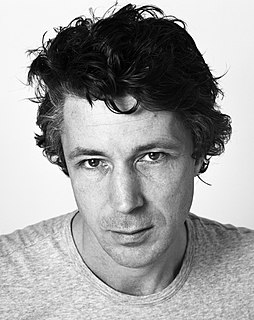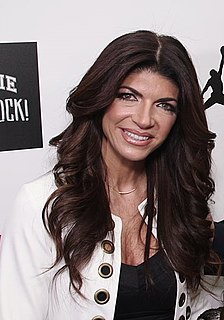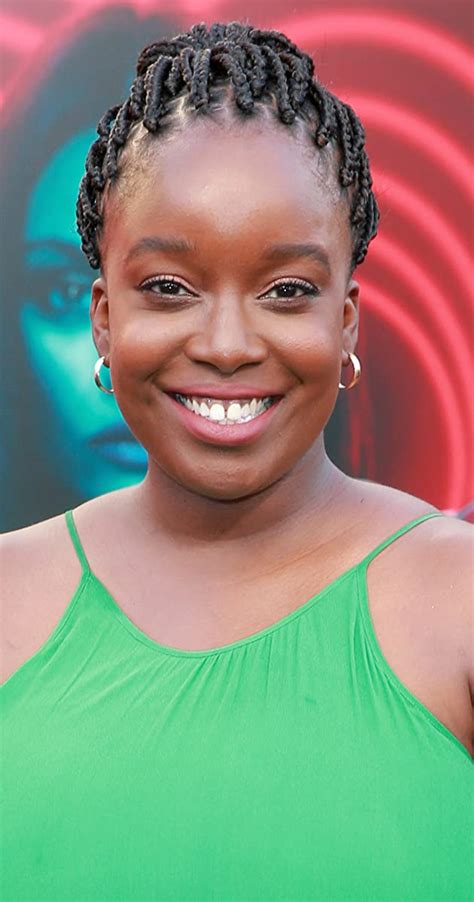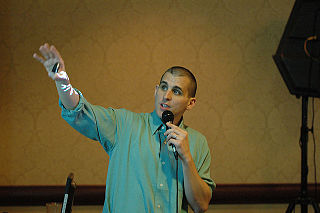A Quote by Kevin Smith
Related Quotes
Crocker's Rules didn't give you the right to say anything offensive, but other people could say potentially offensive things to you, and it was your responsibility not to be offended. This was surprisingly hard to explain to people; many people would read the careful explanation and hear, "Crocker's Rules mean you can say offensive things to other people."
When I started out as an actor, I thought, Here's what I have to say; how shall I say it? I began to understand that what I do in the scene is not as important as what happens between me and the other person. And listening is what lets it happen. It's almost always the other person who causes you to say what you say next. You don't have to figure out how you'll say it. You have to listen so simply, so innocently, that the other person brings about a change in you that makes you say it and informs the way you say it.
The temptation many creative people I know have is to strive for popularity. To make, do, and say things that other people like in the hopes of pleasing them. This motivation is nice. And sometimes the end result is good. But often what happens in trying so hard to please other people, especially many other people, the result is mediocre.
Other people have faces; Susan and Jinny have faces; they are here. Their world is the real world. The things they lift are heavy. They say Yes, they say No; whereas I shift and change and am seen through in a second. If they meet a housemaid she looks at them without laughing. But she laughs at me. They know what to say if spoken to. They laugh really; they get angry really; while I have to look first and do what other people do when they have done it.





































